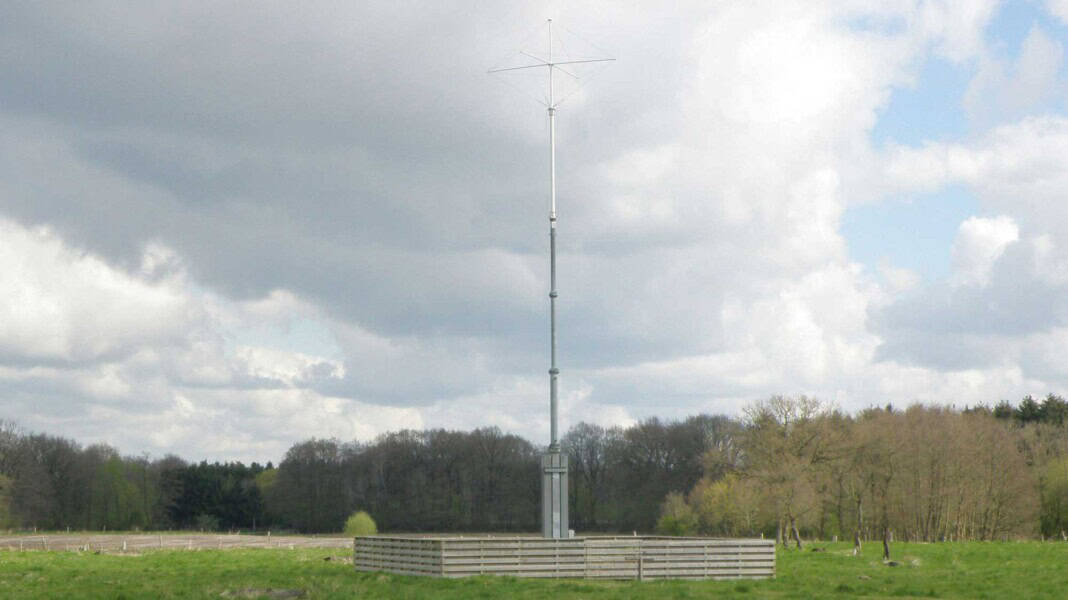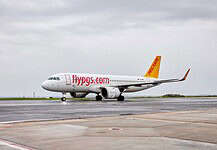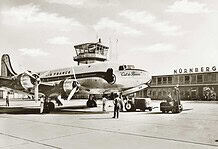This site is also available on:
Deutsch
With the expansion of its R-Mode terrestrial navigation system, the German Aerospace Center (DLR) is offering a reliable alternative to satellite-based systems. This new technology improves safety in maritime freight transport and contributes to stable economic development.
Challenges in maritime freight transport
Maritime freight transport is a vital component of the German economy. However, shipping disruptions occur repeatedly due to failures of global satellite navigation systems such as Galileo or GPS. These failures increase the risk of grounding or collisions, as positioning errors can occur.
Introduction and standardization of R-Mode
In response to these challenges, DLR and its partners developed the R-Mode system, which serves as a cost-effective terrestrial backup. This system utilizes existing maritime medium- and ultrashort-wave infrastructure and is on the path to standardization. Starting in 2025, it will be tested in an expanded test field around Finland and Estonia.
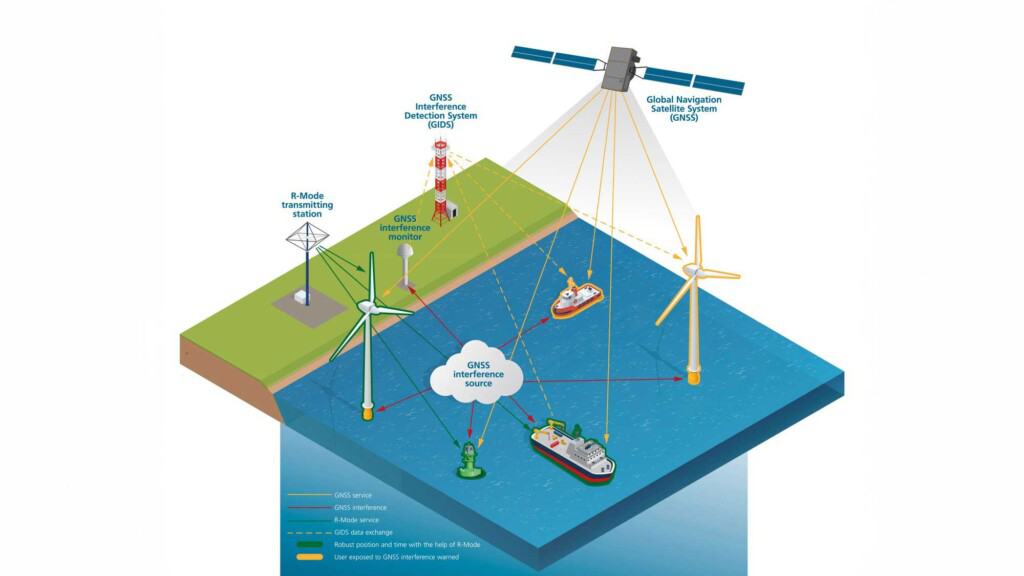
Expansion of the R-Mode test field
As part of the ORMOBASS project, the test field in the Baltic Sea region is currently being expanded. A region frequently affected by navigation system interference is being covered. Scientists developed a concept for the expansion in 2024, which is scheduled for implementation by 2026. The goal is to develop all essential R-mode functions in the medium and ultrashort wave bands.
Technical support and future prospects
In addition to project management, DLR is also working on the development and standardization of R-mode receiver technology. These innovations will improve safety in the maritime transport sector and make a valuable contribution to economic stability. The availability of reliable navigation systems is crucial to minimize the risks and costs of misplacement.
The German Aerospace Center (DLR) stands for excellence in research and technology development. With innovative projects such as the R-Mode system, the DLR sets standards in improving the safety and efficiency of maritime navigation systems, which have a decisive impact on the German economy.
R-Mode standardization in ship navigation
The standardization of the R-mode system for shipping has reached a crucial milestone. Thanks to IALA Guideline 1187, companies and organizations can now use medium wave R-mode signals developed through years of research in the ORMOBASS project. These signals will be available in the Baltic Sea region starting in 2026.
The path to standardization
It is stated that the use of the R-Mode system on ships requires standardization, including acceptance at both the transmitter and receiver sides. This requires cooperation between various organizations to ensure consistent use. The medium wave range of the system has been addressed through the ORMOBASS project, as well as past projects in the Baltic Sea region and programs of the German Aerospace Center (DLR) focused on transport and safety.
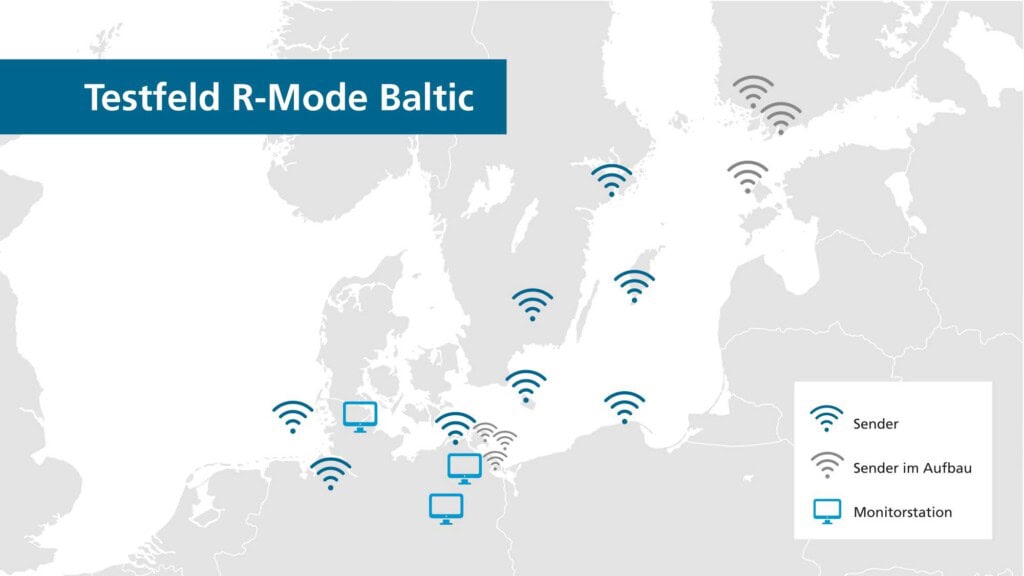
Global contribution
The development of the IALA Guideline on R-Mode Signal Characteristics incorporated not only European experience but also international insights, particularly from Canada and South Korea. This global perspective ensured that the guideline would be widely accepted and serve as an international standard. The result of these efforts is now IALA Guideline 1187, which has been available for use since the beginning of 2025.
Implementation in the Baltic Sea region
Researchers report that the practical implementation of the new directive has begun in the Baltic Sea region. Standardized medium wave R-mode signals will be available between Germany, Finland, and Estonia starting in 2026. This development will significantly support shipping in the region by improving navigation-relevant services.
Outlook and meaning
It is specified that the introduction of standardized R-mode signals represents a significant advance in navigation technology. The availability of these signals is intended to increase the reliability and safety of maritime traffic. This development not only contributes to increased efficiency but also sets the tone for the future of marine navigation worldwide.
The ORMOBASS project, coordinated by a consortium of European research institutes, has been dedicated to the further development of innovative navigation solutions for years. The combined efforts of several nations and institutions demonstrate that international research exchange can be a driving force for technological advances in the marine sector.

